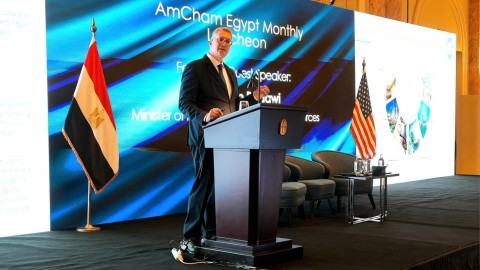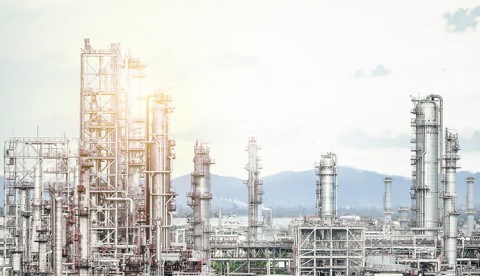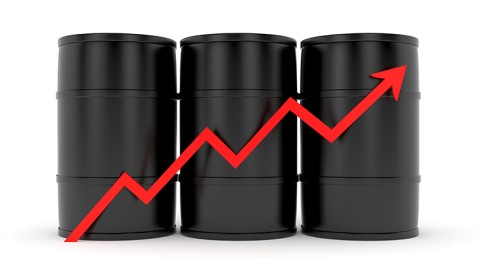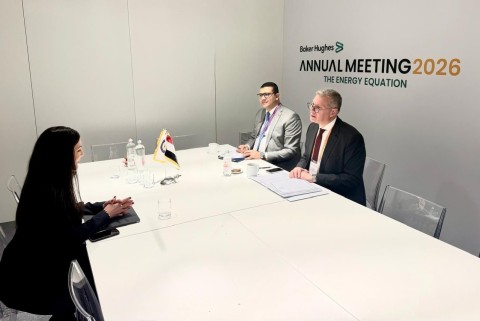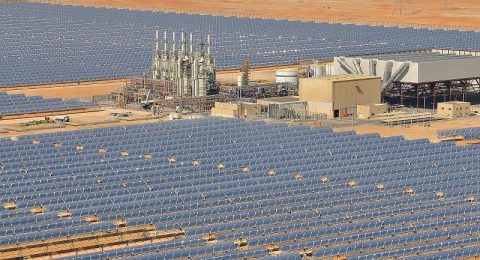On the sidelines of COP 27 in Sharm El-Sheikh, Minister of Petroleum and Mineral Resources Tarek El Molla stated that Egypt has presented its objective vision on what needs to be implemented to deliver on the world climate pledges, asserting that Egypt has been a pioneer in encouraging the energy transition and increasing the contribution of new and renewable energy to the energy mix.
El Molla explained that the Russian-Ukrainian crisis came as a reminder that the world still needs fossil fuels until renewable energies can sufficiently meet its needs. He added that everyone is responsible for reducing emissions and preserving the planet, and that the global petroleum industry took off from its responsibilities and relied on new technologies and scientific progress in managing industry and preserving the environment.
From this standpoint, Decarbonization Day, which is organized at the summit on November 11, was dedicated to hosting US Special Presidential Envoy for Climate John Kerry because of his belief in commitment of the oil and gas industries’ reduction in emissions. It also witnesses the presence of the industrial sectors and their participation in its activities, believing in their responsibilities in contributing to the global trend to reduce carbon emissions.
The Ministry of Petroleum and Mineral Resources through the Higher Committee for Petroleum Projects is currently implementing 16 new projects to achieve sustainability and reduce emissions in 13 companies (Al-Nasr Petroleum / Alexandria Petroleum / General Petroleum Corporation / Amriya Petroleum Refining / Cairo Petroleum Refining / Khaleda – Qarun / WEPCO / Al-Amal/ Agiba / North Bahariya / Petrosilah / Petrosnan), with a total recovery of 25 million standard cubic feet per day (mscf/d) of gas, and aims to reduce emissions estimated at 584,000 tons of carbon dioxide.
The implementation of the Waste Heat Recovery project is underway at the pressure station of Dahshur through GASCO. The project aims to increase the amount of gas pumped to Upper Egypt, as the pressure station in Dahshur has four turbo-compressor units, and two additional units will be added and ORC technology will be applied to take advantage of the heat generated by the units’ exhausts. The current four, in addition to the exhaust of one of the new units that are under construction, to generate approximately 28 megawatts to operate the last unit.
The projects of the refining and petrochemical industries are of great interest in terms of reducing emissions, rationalizing and improving energy efficiency, as several projects are underway, including the construction of a coking complex, the production of diesel, and the establishment of a butane extraction unit through the Suez Oil Processing Company.
The project aims to develop and modernize the coking complex with the latest scientific methods and maximize the added value by optimizing the quantities of low-value mazut and converting it into high-value products based on maximizing energy efficiency and reducing emissions that affect the environment through the application of the Energy Management System. It aims to reduce emissions estimated at about 300,000 tons of carbon dioxide.
In the field of petrochemicals, the WOTECH plant is being implemented to produce 205,000 cubic meters per year of medium-density wood panels (MDF) based on 250,000 tons per year of rice straw (the main raw material), at an investment cost of $300 million. The project is located in the industrial area of Idku, on an area of 114 acres, and the project’s product is compatible with the highest environmental standards as it achieves zero emissions, and it is considered the second project in the world that depends on the use of rice straw instead of burning it.
The project aims to reduce environmental pollution resulting from burning rice straw (the black cloud) by reducing carbon dioxide emissions by using the latest global production technologies and aims to reduce emissions estimated at 360,000 tons of carbon dioxide.
Biofuel production projects are also being implemented, such as the bioethanol production project with a production capacity of 100,000 tons annually from sugar beet molasses, and one of its most important uses is mixing it with gasoline in order to reduce greenhouse gases and raise octane. The investment cost of the project is about $112 million and it aims to reduce emissions estimated at about 300,000 tons of carbon dioxide.
